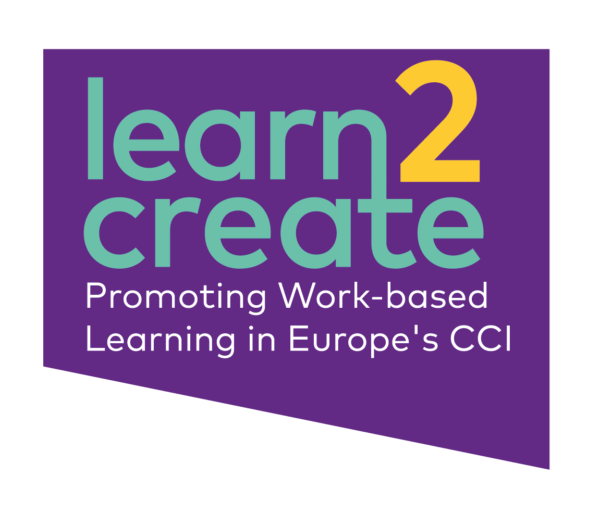All of our participants came with a genuine interest in Work-based learning. Although they all had experience in WBL in their specific field, they wanted to learn more about the topic and improve their skills and competences.
Our participants brought with them their experiences with Work-based learning, both as students and VET teachers. These valuable experiences formed the basis for very interesting discussions that followed or preceded the piloting of the modules. Such discussions allowed us to expand and reflect on the topic presented in each module.
All our sessions were conducted online. Our first session started with an introductory part that allowed me, as the facilitator of the course, to get to know the participants, their expectations, their prior experiences, as well as how they were hoping to benefit from the course. This part was followed by a presentation of the Learn2Create project, its aims and the objectives of the pilot, followed by a presentation of the Moodle, a brief description of each module. Then, we started with the piloting of the material. The following sessions also focused on the piloting of the material.
Our participants felt that the course helped them gain a well-rounded view of WBL. Among the topics we discussed in depth were the following: the importance of Work-based learning in Cultural and Creative industries, the different types of WBL that exist, the ways in which Work-based learning could lead to success, their personal –positive or negative- experiences, along with the factors that they felt played a role in this, the different strategies that facilitate the process of learning, the tools we have at our disposal that help us structure a positive learning experience for our mentees. We also focused on personalized learning, the opportunities for different types of Work-based learning that are out there, as well as the peer-to-peer learning approach. Participants had the opportunity to learn about the applications of peer-to-peer learning approach that exist out there and discussed the possible ways that this could be applied in their own field. Participants were asked to also pilot the sections that we did not have the time to cover during our sessions.
Our participants commented on the structure of the course, the important topics that were covered, as well as the high-quality videos on the Moodle. They liked both the introductory ones, which allowed them to get an idea of how each module is structured, and the ones that present in detail particular topics that are discussed in the module. For instance, they gave us positive feedback on the videos that presents real-life experiences with Work-based learning.
Overall, according to the pilot participants, the training material helped them gain a deeper understanding of the topic of Work-based learning.


